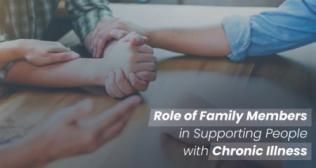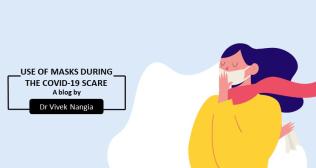
Lower Back Pain - Lumbago
Lower back pain (LBP) is a very common health condition. It effects 80 % of the people at some point of their lifetime. In current fast paced life, we don`t have time to take a break.
So, if you want to avoid painful condition that will cause you innumerous visits to pain specialists or if you are already suffering from lower back pain this article is for you.
In this article we will discuss about causes of LBP and lifestyle changes that can help us avoid this condition.
What is exactly low back pain?
Low back pain (lumbago) affects the lumbar region of the spine. This is the lower part of the back, between your hips and the bottom of your ribcage. The pain is usually associated with muscle tension, and often limits range of movement. One may find difficult to sit for longer hours. Pain might aggravate while sleeping. You can feel sharp pain, numbness, tingling sensation and difficulty in lifting heavy objects. Pain sometimes radiates (spreads) down to one or both legs.
What causes Lower back Pain?
There are many underlying reasons of low back pain. Few causes are mentioned below: -
- You may suffer from LBP due to any injury or surgery.
- Posture related such as improper bending, standing or sitting
- Strains and sprains
- Disc related problems
- Arthritis of small joints of back (Facet joints)
- Bladder infections, kidney stones, kidney infections, pelvic inflammatory disease, sleeping disorders.
Who all are at risk to get low back pain?
People with sedentary life style, poor physical activity, obesity, smoking, drinking, pregnant women.
Tips to prevent LBP-
You can’t stop ageing, but you can adopt lifestyle adjustments to help manage and avoid lower back pain.
- Improve your physical fitness- this will improve your core muscle strength. Regular exercises such as Yoga, walking, swimming are excellent ways of preventing back pain.
- Maintain proper body weight
- Proper and healthy food habits
- Use correct lifting and moving techniques
- Make your workspace as ergonomic as possible
- Manage your mental health - people who have anxiety and depression, or face excessive stress, are more likely to experience back pain over time.
- Avoid alcohol and smoking
Red Flags while you are experiencing low back pain:
- Night pain
- Associated with fever
- Heaviness/ weakness of lower limbs (legs)—difficulty in walking
- Numbness in private parts
- Loss of bladder/bowel control.
When to See a Pain Specialist?
Avoid Self-medication and physiotherapy when in acute pain
- Pain that doesn’t get better with rest and pain relievers.
- Tingling, numbness, weakness or pain in your buttocks and legs.
- Severe pain or muscle spasm that interfere with your normal activities.
- If pain persists for more than 2 weeks.
Categories
Clear allMeet the doctor

- Palliative Medicine | Palliative Medicine
- Support Specialties | Pain Management
- Pain and Palliative Medicine | Pain and Palliative Medicine
-
11 Years
-
1800



















